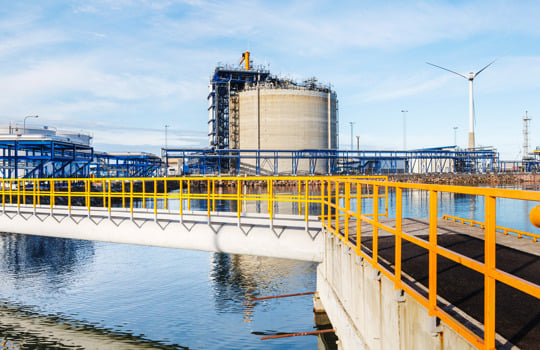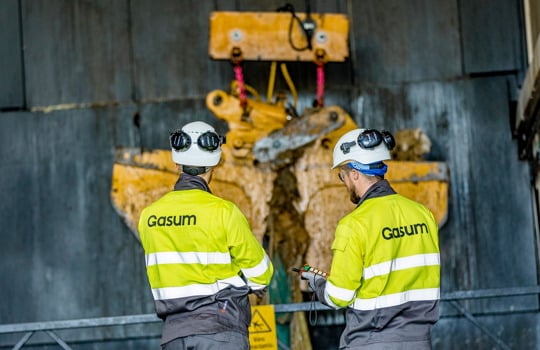European Commission recommends 90% net greenhouse gas emissions reduction by 2040
On 6 February, the European Commission published a detailed impact assessment on possible pathways to reach the agreed goal of making the EU climate neutral by 2050. Based on this impact assessment, the Commission recommends a 90% net greenhouse gas emissions reduction by 2040 compared to 1990 levels. This recommendation forms the foundation upon which the next Commission, to be set up after EU elections next June, will develop specific legislative proposals for the post-2030 policy framework, aiming to achieve the 2040 target.
The Commission communication provides a clear and positive signal for the renewable energy sector and especially the bioenergy potential is foreseen to increase in all policy scenarios elaborated by the Commission. Moreover, the role of e-fuels, such as synthetic methane, will increase significantly over the coming years. The renewable gas sector is recognized as a win-win solution that should be prioritized in the transition to affordable and sustainable clean energy. However, it must be noted, that biogases unfortunately play a lesser role towards the 2040 target compared to other energy vectors, and their significant contribution to the energy system integration and flexibility is somewhat overlooked.
Renewable gases, such as biomethane and synthetic methane, provide solutions to de-fossilize the EU economy, including hard-to-abate sectors such as industry and transport, while at the same time contributing to European energy flexibility, resilience, and independence.
Together with the 2040 climate target, the Commission also published a new strategy for Industrial Carbon Management. The strategy indicates the direction for the capture and storage or use of carbon dioxide in industrial value chains in the EU. The use of biogenic carbon dioxide, which could be used to replace fossil carbon sources in various applications from the chemical industry to synthetic fuels, will surely play a major role in future EU energy policies. This provides an interesting opportunity for the biogas sector as biogenic carbon dioxide can be captured during the upgrading of biogas into biomethane.



